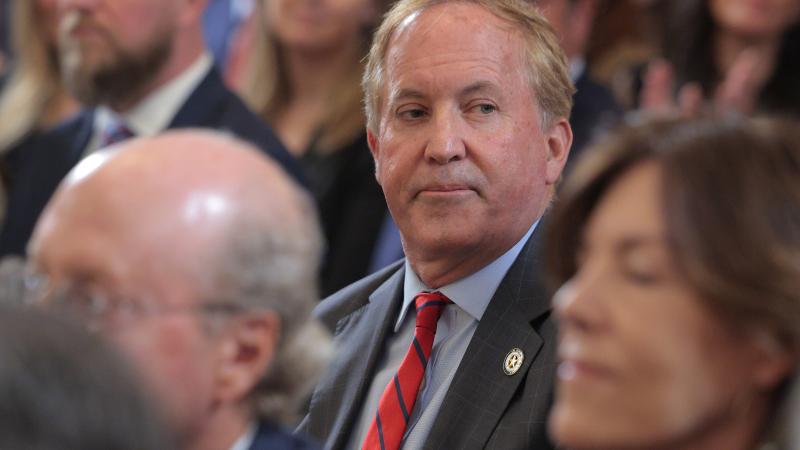Arizona Republicans sue EPA over electric vehicle rules
"These rules exceed the EPA's statutory authority, are arbitrary, capricious, and an abuse of discretion," Senate President Warren Petersen said in a statement on Wednesday.
Republican leadership in the Arizona state legislature and the Arizona Trucking Association are suing the United States Environmental Protection Agency over an electric vehicle mandate.
The two lawsuits in a federal appeals court in Washington D.C. focus on the EPA’s desire to have more electric vehicles on the market. Specifically, those suing are taking issue with the EPA’s rule to pivot to having 70% of vehicles overall, including a quarter of “heavy-duty vehicles," be electric by 2032, according to a news release.
"These rules exceed the EPA's statutory authority, are arbitrary, capricious, and an abuse of discretion," Senate President Warren Petersen said in a statement on Wednesday. "In the absence of our Attorney General holding the Biden Administration accountable, the Legislature will gladly protect our citizens from this egregious abuse of power."
Tony Bradley, president and CEO of the Arizona Trucking Association, raised concerns about how the push to transition in the allotted time frame could raise costs.
"The EPA's tailpipe emissions rules prioritize politics over science, posing a greater threat to public health by inflating the cost of essential and everyday goods," Bradley said in a statement.
The legislature submitted comments to the EPA on the proposed rules on “emissions standards” in June 2023, saying that it failed to “rely on a cost-benefit analysis” and that the rules violate the “Major Questions Doctrine,” among numerous other issues.
“Because this is pending litigation, EPA has no further information to provide,” the agency told The Center Square in an email on Friday. A news release from Senate Republicans noted that the legislature is also partaking in a lawsuit with 16 other states against California over broad reaching impacts of their own electric vehicle goals in the trucking industry.
"The regulation forces truckers in and out of California to retire their internal-combustion trucks if they want to come to California," the complaint states. "This will inevitably disrupt the supply chain for all manner of goods, slow interstate transportation, raise prices on goods across the country, and impose costs on taxpayers and governments around the country. It is a misconceived and nationwide policy executed without the blessing of Congress or the consent of elected leaders in affected States."















